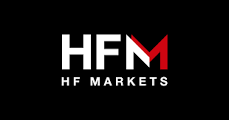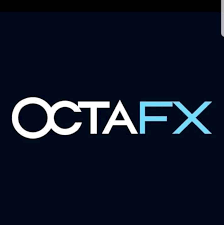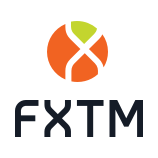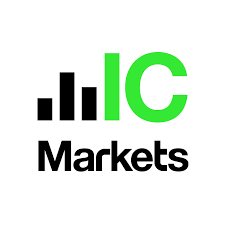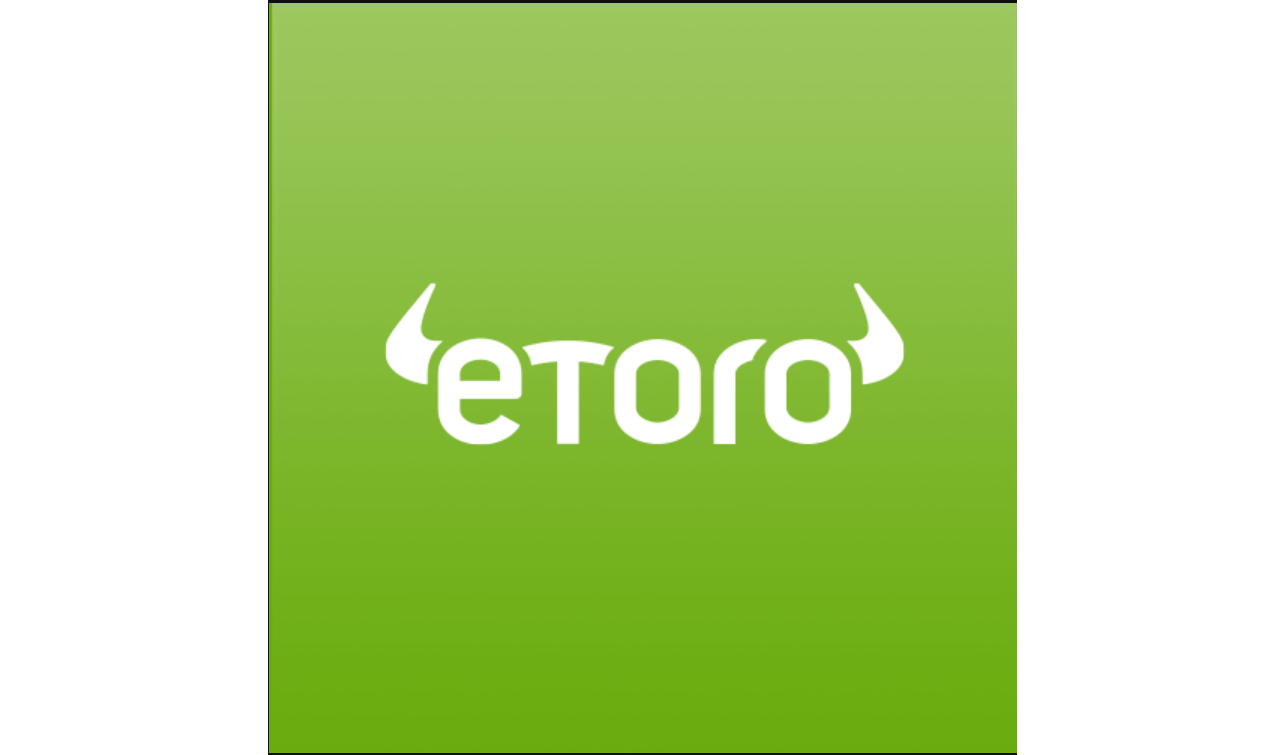Traders from the Philippines should know that forex trading is not legal in the Philippines. As per the Securities and Exchange Commission (SEC) of the Philippines, traders are trading forex and CFD instruments illegally and at their own risk.
If traders from the Philippines want to trade forex and CFD instruments, they can do so through foreign forex and CFD brokers. These brokers offer their services to traders from the Philippines, however, traders do not have any legal recourse in case of any fraud or scam.
To avoid frauds and scams, traders should only trade highly trusted and reputed foreign forex and CFD brokers. These brokers are regulated by top-tier financial authorities such as the FCA of the UK and the ASIC of Australia. These watchdogs keep a check on the activities and operations of such brokers to ensure that traders are safe.
In this guide, we’ll cover the six best forex trading apps that traders from the Philippines can use.
Comparison of Best Trading Apps in the Philippines
| Broker | Tier-1 regulation | EUR/USD Spread (Pips) | Other Regulators | Visit |
|---|---|---|---|---|
| HF Markets | FCA |
1.4 pips
|
FSCA, DFSA, FSA (Seychelles)
|
Visit Broker |
| OctaFX | None |
0.9
|
FSA-St-Vincent, CySEC
|
Visit Broker |
| XM | FCA, ASIC |
1.6 pips
|
FSC Belize, CySEC
|
Visit Broker |
| FXTM | FCA |
1.9
|
FSC Mauritius, CySEC
|
Visit Broker |
| IC Markets | FCA, ASIC |
0.6 pips
|
FSA (Seychelles), CySEC
|
Visit Broker |
| eToro | FCA, ASIC |
0.9 pips
|
CySEC
|
Visit Broker |
| Exness | CySEC, CMA, FSCA |
1.0 pips
|
CySEC
|
Visit Broker |
Note: The spread and regulation is as per information on these brokers’ websites in January, 2024.
Best Forex Trading Apps in the Philippines
Here are 2024’s Best Forex Trading Apps in the Philippines that we have reviewed:
- HF Markets – Overall Best Forex Trading App in the Philippines
- OctaFX – Low Cost Forex App
- XM – Most Trusted Broker
- FXTM – Most Suitable for Advanced Traders
- IC Markets – Best Customer Support
- eToro – Best for Social Trading
- Exness – Low spread forex broker
#1 HF Markets – Overall Best Forex Trading App in the Philippines
HotForex is regulated by the tier-1 financial authority which is the Financial Conduct Authority (FCA) of the UK. Any traders from the Philippines are automatically registered under the FSA of the Seychelles which is an offshore regulatory body. HotForex is considered safe due to its long track record.
HotForex Pros
- HotForex charges very low minimum deposit of $5 (PHP 294)
- They are regulated by a tier-1 financial regulator (FCA of the UK)
- Dedicated account manager for customer support and help
- Low spreads on popular trading instruments
- High leverage of 1:1000 available
- Commission-free trading available with certain types of trading accounts
HotForex Cons
- They offer very low variety of share CFDs available
- They do not offer any cryptocurrencies for trading
- Unfriendly deposit and withdrawal options
#2 OctaFX – Low Cost Trading App
OctaFX is not regulated by any top-tier financial regulators, however, they are still considered to be safe because of their reputation and long track record. Traders from the Philippines are registered under the FSA of St. Vincent which is an offshore regulator. Further, OctaFX is regulated in Europe by the CySEC of Cyprus.
OctaFX Pros
- OctaFX offers cryptocurrencies for trading purposes
- OctaFX offers very low spreads compared to similar brokers
- OctaFX does not charge a commission per trade, hence, they are suitable for beginners.
- They charge a minimum deposit of only $10 (PHP 590).
- They offer a variety of trading platforms including MetaTrader 4
- They offer copytrading services suitable for beginners
OctaFX Cons
- They do not offer any stock CFDs
- Their commodity CFD options are quite limited.
- They are not regulated by any tier-1 financial regulators
#3 XM – Most Trusted Broker
XM is regulated by both tier-1 financial regulators which are the ASIC of Australia and the FCA of the UK. Traders from Philippines who register with XM are regulated by the Financial Services Commission of Belize (FSC).
XM Pros
- XM is regulated by both tier-1 financial regulators (FCA and ASIC).
- They offer Peso as a base currency.
- They do not charge a commission for forex trading.
- They have a very low minimum deposit of $5 (PHP 294)
- They offer a variety of trading platforms.
XM Cons
- XM charges a high spread and swap for certain currency pairs.
- Traders from the Philippines are registered under an offshore regulator.
- They do not have a dedicated website for traders from the Philippines.
#4 FXTM – Suitable for Advanced Traders
FXTM is regulated by a single tier-1 financial authority which is the FCA of the UK. They are also regulated by the CySEC of Cyprus which is a tier-2 authority. Traders from the Philippines are registered under the Financial Services Commission (FSC) of Belize. Overall, we consider them to be low-risk.
FXTM Pros
- FXTM charges a commission but offers tight spreads, suitable for advanced and high-volume traders.
- FXTM and its group entities are well-regulated.
- FXTM offers good customer support through live chat, email, and phone call.
- They offer copytrading services suitable for beginners.
- Their minimum deposit is only $5 (PHP 294).
- Their trading app offers several advanced technical features.
FXTM Cons
- The minimum deposit of their Advantage account is $500 (PHP 29,400)
- They do not offer cryptocurrencies.
#5 IC Markets – Best Customer Support
IC Markets is regulated by the tier-1 financial regulator ASIC of Australia. They also have temporary permission from the FCA of the UK. Traders from the Philippines are registered under the FSA of the Seychelles. IC Markets is considered to be low-risk thanks to its regulation and reputation.
IC Markets Pros
- They offer a maximum leverage of 1:500.
- They charge extremely low spreads starting from 0 pips.
- They offer a variety of trading platforms including MetaTrader 4, MetaTrader 5, and cTrader
- They have a great library of educational material for new traders.
- Their customer support is extremely helpful and responsive.
IC Markets Cons
- They offer a wide variety of trading instruments which can be confusing for new traders.
- Their trading app may suffer from loading issues sometimes.
#6 eToro – Best for Social Trading
eToro is regulated by both the FCA of the UK and the ASIC of Australia which are tier – 2 financial regulators. Further, they are also regulated by the CySEC of Cyprus which is a tier – 2 regulator. They are considered to be highly safe for traders from the Philippines.
eToro Pros
- Their trading app is highly suitable for copy trading or social trading.
- Their social trading charges are kept low.
- Their trading app works on all kinds of devices (Windows, MacOS, IOS, Android)
- Traders can earn a management fee of 2%.
eToro Cons
- They require a high minimum deposit of $200 (PHP 11,750)
- They do not offer the MetaTrader 4 trading platform.
Types of Forex Trading Apps
There are two types of forex trading apps. Some forex brokers have both while some support just one type. Let us break them down:
1) Third-Party Trading Apps: These trading apps are developed by other companies for forex brokers. These companies allow CFD brokers to host their trading services on their trading apps. A prominent example is MetaTrader 4 and MetaTrader 5 mobile developed by MetaQuotes.
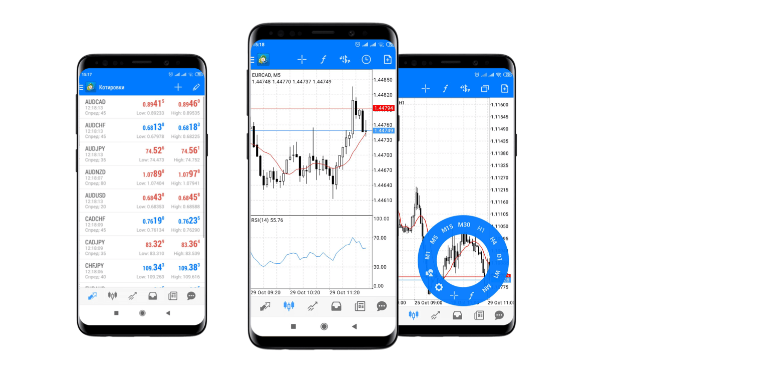
Another common third-party mobile trading app is cTrader mobile developed by Spotware Systems. These companies are not brokers. However, they partner with brokers globally so traders can use the app through their clients.
2) Proprietary Trading Apps: Proprietary trading apps are developed by forex brokers independently. This is not done in conjunction with third parties so the names of these trading apps vary from broker to broker.
For example, some brokers just name their apps after their companies just name it after their company (like HFM App and FXTM trading App). Because these apps are developed by brokers individually, their trading conditions and interface are never the same too.
Advantages of Using Forex Trading Apps
There are some pros that come with using forex trading apps. We look at a few in this section.
Ease: It is easier to trade forex with trading apps. In the past, traders needed an office and a desktop to analyze the market. To get key economic news, they have to read newspapers. In addition, access to industry experts was so difficult. They have to make a number of calls to get advice. A single proprietary trading app can perform all of these functions and much more.
Flexibility: Apart from the convenience that trading apps bring, they also offer flexibility. With mobile apps, you can trade on the go, analyze the market, and monitor your positions. You can do these while you are in a car, hanging out with friends, or taking a walk. This will not be possible if all that was available for trading are desktops.
Notifications: Price alerts and notifications are a major advantage of forex trading apps. You can set an alert that lets you know when prices have hit certain levels. This saves you a lot of time and allows you focus on other things.
Furthermore, you can set notifications for news releases as well. Instead of checking manually on websites. You can get an automated notification of key economic data, releases, and events.
Personalization: Most forex trading apps allows traders to arrange trading tools, charts, indicators, and colors in a way that suits them. Being able to customize your app makes you ‘feel at home’ with the app, making trading more convenient.
Efficiency: Placing trades on mobile phones is often efficient and quicker than desktop. This is not about execution speed. It is that with a few swipes, you can set your take profit and stop loss targets quickly. Because the desktop versions of trading platforms are designed differently, it often takes more than a few clicks to place your trade.
Disadvantages of Using Forex Trading Apps
Though forex trading apps are very useful, they also have some disadvantages. If you really want to be a proficient trader, you cannot use mobile apps alone. Here is why:
Size of the Screen: This is a major challenge with using mobile apps. They do not give a good view of past price movements, especially on higher timeframes. This experience is not so good. Many traders use up to two or more desktops to have a full view of the market. You cannot do this on mobile devices, not even a tablet.
Difficult to Focus: Mobile trading apps can lead to a lot of distractions. This could come from notifications from social media apps, a message, or a call. These interruptions are not good for traders and can affect long-term performance. Desktops do not have these issues.
Execution Speed: Forex trading apps have improved over the years. However, there could be risks of your app crashing when trading. In addition, mobile networks might not be very reliable. This affects execution speed and leads to latency.
Overtrading: Because it is easy to access charts on the go, mobile apps heighten the tendency to trade more. This in turn increases your chances of losing more money. To deal with this, you need to be disciplined and stick to your trading plan.
How to Choose the Best Forex Trading App for Traders from the Philippines?
Since forex trading is not regulated in the Philippines, it is important for traders to carefully choose the broker (and the app) that they sign up with.
There are three main considerations to think of.
1. Safety
The forex broker should be safe for traders from the Philippines. Traders should check whether the broker is regulated by tier-1 financial authorities such as the FCA of the UK or the ASIC of Australia.
Most reputed foreign forex brokers are regulated by at least one of the above the two. Further, traders should check the other licenses held by the broker such as from the CySEC of Cyprus.
The higher the number of licenses that are held by the broker, the safer they may be.
2. Overall Fees
Brokers charge a variety of trading and non-trading fees. Trading fees are in the form of spreads, commission, and swap-fees. Non-trading fees can be deposit fees, withdrawal fees, or inactivity fees.
Traders should be aware of the fees charged by the broker. Usually, their spread and commission rates are displayed on their website. Traders can check non-trading fees by contacting the customer support of the broker.
3. Trading Instruments
Traders should ensure that the instruments that they want to trade are offered by the broker. Usually, brokers offer a wide variety of instruments but it varies widely. As a trader from the Philippines, it may be important to check whether they offer PHP currency pairs
Is forex trading halal?
While it is haram to pay riba on trades, Some forex brokers offer swap-free accounts that are compliant with Islamic principles of no riba, these brokers offer accounts that eliminate overnight interest charges. some brokers in the Philippines with Islamic accounts are Octa, HF Markets, XM and AvaTrade among others.
highest leverage forex broker
Leverage in forex trading amplifies your potential profits and losses. While it can magnify your gains, it can also lead to significant losses if the market moves against you.
In the Philippines, The Securities and Exchange Commission does not regulate the forex brokers so there is no maximum leverage that the forex brokers must adhere to. Most forex brokers offer high leverage from 1:400 to 1:2,000 and some even offer 1:unlimited.
Some high-leverage forex brokers in the Philippines that offer high leverage are HF Markets – 1:2,000, FXTM – 2,000, and XM Trading – 1,000. With a forex leverage of 1:1,000, this means that if you deposit RM100, you can control up to RM100,000 worth of trade value.
Low spread forex brokers
Spread in forex trading is the difference between the bid price and the ask price of a currency pair.
The bid price is the price at which you can sell a currency. Ask price is the price at which you can buy a currency.
For example, if you want to buy euros (EUR) using US dollars (USD). Your forex broker may quote you the following prices for the EUR/USD currency pair:
-Bid price: 1.1050
-Ask price: 1.1052
The spread in this case is 2 pips, which is the difference between the bid price and the ask price.
The spread is essentially the broker’s fee for facilitating your trade. While it is a revenue source for forex brokers, it is a charge to you, the trading. To reduce your trading costs, it is best to trade with a broker that charges low spreads.
Choosing the right low-spread forex broker depends on various factors, including your trading style, budget, and desired features. Here’s a breakdown to help you navigate the options:
Top Low-Spread Forex Brokers in Philippines:
1) Tickmill: Offers tight spreads starting from 0.1 pips with commission-based accounts and raw spreads from 0.9 pips.
2) AvaTrade: Known for its consistently low spreads averaging around 0.9 pips on major pairs like EURUSD.
3) Octa: Provides tight spreads (as low as 0.9 pips on EUR/USD) and commission-free trading on all instruments.
How do forex trading apps make money?
Trading apps do not generate money independent of forex brokers. Most of the fees you will pay will go to your broker. It does not matter if the app is proprietary or from a third-party.
Brokers make money from trading apps in multiple ways. However, we can simplify all of them into trading and non-trading fees. Trading fees are the money you pay to your broker for every trade you make. It does not matter if you won the trade or lost. You will pay these fees.
Spreads, commissions, and swaps are the main trading fees charged by brokers on trading apps. Spread is the difference between the buy and sell price of the CFDs you are trading. Swap is the fee you pay for holding your trades overnight while commissions are usually charged where spread is low.
If you are trading on MT4/MT5 on your mobile device, you will see the amount commission and swap you are charged per trade. Non-trading fees are not connected to trading. They include account inactivity fees (if you don’t place a trade for a certain period), currency conversion fees, etc.
Finally, not all brokers have the same fee structure for their trading apps. A broker may have a low spread account on MetaTrader or offer a commission-free package on their proprietary trading app. Furthermore, inactivity fee is not the same too. Some brokers charge it, some don’t.
So make sure you research your broker’s fee structure before signing up on their trading app.
Is there a difference between forex trading apps and software?
Anything application has to do with mobile phones or tablets. So it is not difficult to understand what forex trading apps are. They are designed and tailored for mobile phones so you can have a smooth experience when trading.
Forex trading software are quite different. They are designed for your laptops, PCs, and desktops. A major advantage software have over apps is the clear view you get. You can see price movements are use charting tools more conveniently with forex trading software.
In addition, you have a better user experience with the advanced trading tools on the software. Tools like backtesting and automated trading are easier to use on trading software because of the view. In summary, forex trading apps are built for convenience and are user friendly. You can be on the move and monitor your trades.
For trading software, you need to be settled with a work station or an office space even especially if you are a full time trader. You cannot carry desktops about. Though some laptops are light enough to carry, they are not as easy to use on the go like trading apps.
So which is better for you? The answer depends on you, your preference, and how you want to trade.
Popular strategies for mobile forex trading apps
Forex trading on mobile devices have been optimized for smaller screens to closely mirror the desktop experience. Trading strategies do not differ; whether you are trading on a mobile app or the desktop, you can use them.
Scalping is a widely used approach favored by many forex trader who target frequent but smaller profits throughout the day. It requires you executing multiple trades to benefit from tiny price changes. Because time matters with this strategy, you should prioritize apps that deliver low latency, connectivity, and fast execution. These capabilities increase the chances of you entering and exiting your trades at the best prices.
Swing trading also works well on trading apps. It is probably the most fitting strategy since trades are long-term. You will hold your trading positions for several days to compound the gains. Since it demands less screen time and attention to tiny price shifts, it suits you if you are busy and need to operate on the go. With a good trading app, you can customize alerts for sudden price changes without constantly watching charts.
For better results with swing trading, look for apps with advanced charting, multiple timeframes, and robust technical indicators. You can also use push notifications are also crucial for keeping tabs on trend reversals and sharp market moves.
HFM’s MT5 app have these features that can help you with both strategies (swing trading or scalping). Here is an overview of the app. You can see some of the features we discussed were mentioned.
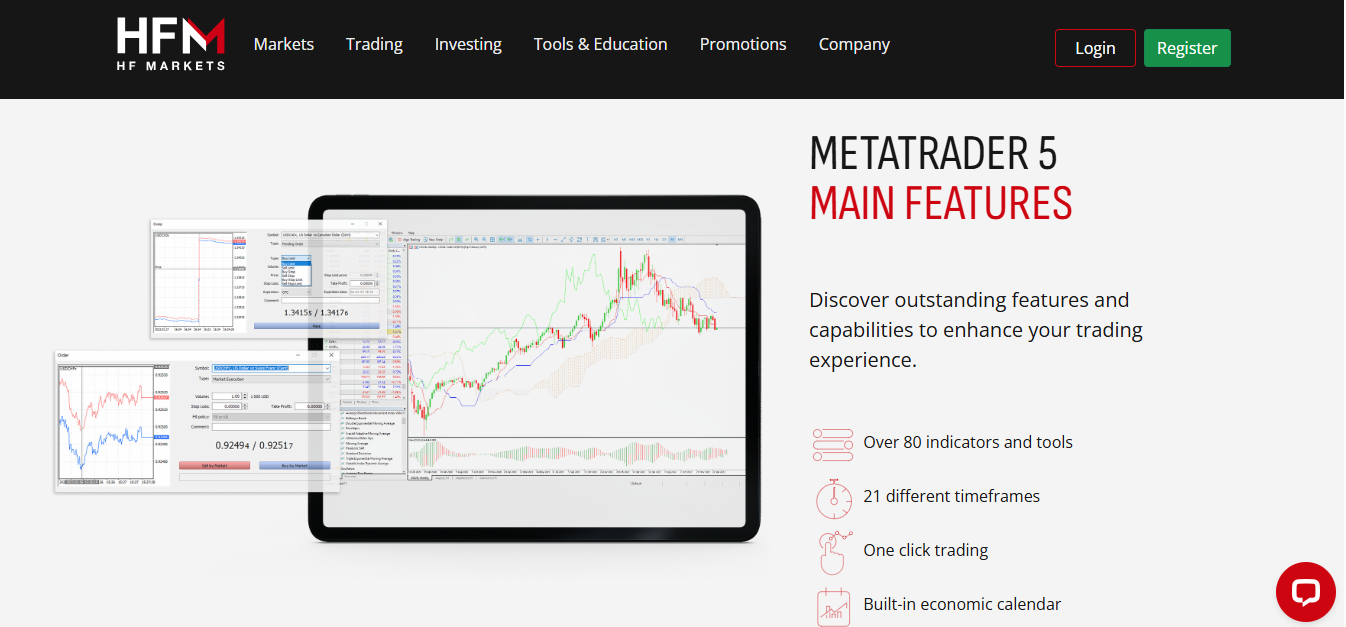
Trading features to look for when choosing a forex trading app
Here are some of the trading features you should check for in your mobile trading app:
1) Watchlists: Watchlists allow you to customize your favorite CFDs into a list so you can track them easily. There is a lot of CFDs in the market. Being able to narrow your focus on a few of them might be helpful.
2) 1-click trading: You don’t always have to use the popup feature when placing your order. 1-click trading allows you to place your order faster. However, some trading apps have terms and conditions connected to using this feature.
Ensure you read and understand this conditions before agreeing to use 1-click trading.
Is there an official trading app for Forex
Forex trading does not have an official trading app. This is because the market has no central physical location. It is a decentralized market. Central banks, financial institutions, forex brokers, and large corporations make up the forex market.
Trading apps for forex are supplied by forex brokers. The app could be own by the broker or developed by a third-party company like MetaQuotes’ MetaTrader 4 and MetaTrader 5.
What are the risks of using forex trading apps?
Forex trading apps make on-the-go trading easy, but they also expose you to price volatility. The forex market is unpredictable, with prices changing quickly due to fundamental factors like news, geopolitical issues and economic releases. Traders using mobile apps need to be ready for sudden price changes that can hugely affect your loss or profit because of leverage.
In addition, unregulated mobile apps constitute a huge risk to you. This lack of regulatory oversight might allow forex brokers engage in unethical business practices such as price manipulation, stop hunting, or even denying withdrawal requests. It’s crucial for traders to do thorough research and sign up with mobile apps that are regulated. Doing this will also protect you from fraud.
Cybersecurity threats are also a source of major concern. Trading through mobile apps can expose you to hacking and malware risks. Unauthorized access to your account can result in stolen funds or worse. To mitigate these risks, make sure your password is strong, enable 2FA, and avoid logging into your trading accounts over insecure connections like public Wi-Fi.
Is there a difference between forex trading apps and forex trading platforms?
Forex trading apps and forex trading platforms allow you to trade the financial markets and grants you access to your broker’s system.
Though they perform the same function, they are significantly different. A major difference is that forex trading platforms run on computers while forex trading apps run on mobile devices. In addition, forex trading apps are limited in terms of features and tools required for thorough analysis. Forex trading platforms have these tools in abundance. This is why professional traders prefer trading platforms.
FAQs on Best Forex Trading Apps in the Philippines
Which is the best trading app?
There are a lot of factors to consider when deciding the best trading app. There is no single correct answer. Traders should check the safety of the broker, the features of the trading app, the customer support offered by the broker, and the overall fees.
Which is the best free trading app?
Almost every good trading app is offered for free. Traders will need to register with the forex and CFD broker in order to be able to use the app. Their may be a minimum deposit requirement which can start from around PHP 300.
Which is the best trading app for beginners?
There are several good trading apps available for new traders from the Philippines. Traders can consider the brokers listed in the article above. Some of the best apps are offered by brokers such as HotForex, XM, and OctaFX.
